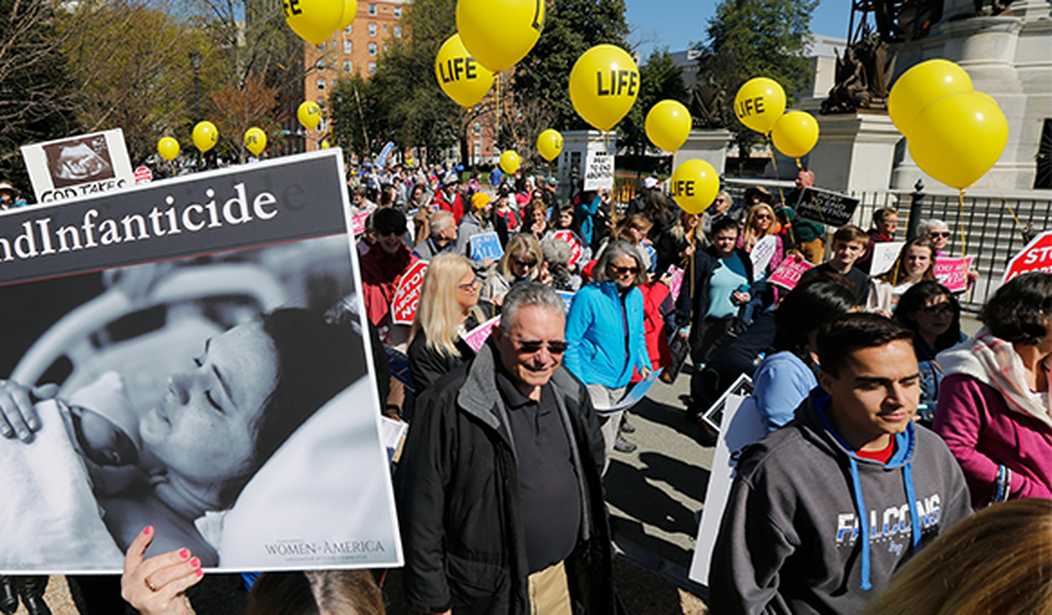A British court ruled on Friday that a mentally challenged woman must have an abortion against her and her mother’s will because it was in her “best interest.”
Justice Nathalie Lieven’s ruling in the Court of Protection — a tribunal that makes decisions on behalf of individuals who “lack [the] mental capacity” to do so — will allow the doctors at the National Health Service, Britain’s publicly funded health care system, to proceed with their plan to terminate the woman’s pregnancy. It is unclear when exactly the doctors plan to conduct the operation.
The unidentified woman in her twenties — a Catholic who is 22 months pregnant, according to the Catholic News Service — does not want an abortion; however, Lieven did not believe the woman does not adequately understand what it means to have a child.
“I think she would like to have a baby in the same way she would like to have a nice doll,” Lieven said, according to CNS.
The woman’s mother, a former midwife from Nigeria, had made clear that she will be the one taking care of the child, not the woman. The justice, however, did not believe the mother will be able to take care of both her daughter and a grandchild either.
The case began when the NHS Trust argued that doctors should terminate the pregnancy because the woman, who had developmental disabilities and a mood disorder, will suffer less emotional trauma if they terminate the pregnancy. The justice agreed with the doctors in her ruling.
Allowing the child to be born and then removed from the woman’s home and placed into foster care or adoption would be against the woman’s own interests, the judge concluded.
“I think [the woman] would suffer greater trauma from having a baby removed [from her care],” Lieven said, because “it would at that stage be a real baby.”
Lieven clarified that the pregnancy “although real to [the woman], doesn’t have a baby outside her body she can touch.”
Recommended
The justice acknowledged the controversial nature of her decision, arguing that her ruling was based on the woman’s “best interests, not on society’s views on termination,” The New York Times reported.
“I am acutely conscious of the fact that for the State to order a woman to have a termination where it appears that she doesn't want it is an immense intrusion,” she said.
The Society for the Protection of Unborn Children sharply denounced the court’s decision as an
“outrage which should shock every right-thinking person” in a press release.
“It is a level of cruelty and barbarity reminiscent of how people with mental health issues were treated in the 1930s of Nazi Germany,” said SPUC’s deputy chief executive John Deighan. “To force abortion on any person is abhorrent and to do so in the name of medicine and in the complete defiance of the religious and cultural values of the mother concerned calls into question the structures of law and justice in our society.”
Meanwhile, Abortion Rights, one of the largest pro-choice group in Britain, told The New York Times that pro-life groups are using the case in an “opportunistic” manner to advance their cause.
“As heartbreaking as this case is, it is opportunistic for antichoice organizations to use it to attack a woman’s right to choose,” the group’s chairwoman Kerry Abel said. “One in three women will have an abortion in the U.K. for many, many individual reasons, and we shouldn’t undermine free, safe, legal abortion based on one difficult case.”
In all parts of Britain except Northern Ireland, abortion is legal for any reasons until week 24 of the pregnancy. After that, doctors must certify that the abortion is in the medical interest of the mother to perform the procedure.





















Join the conversation as a VIP Member